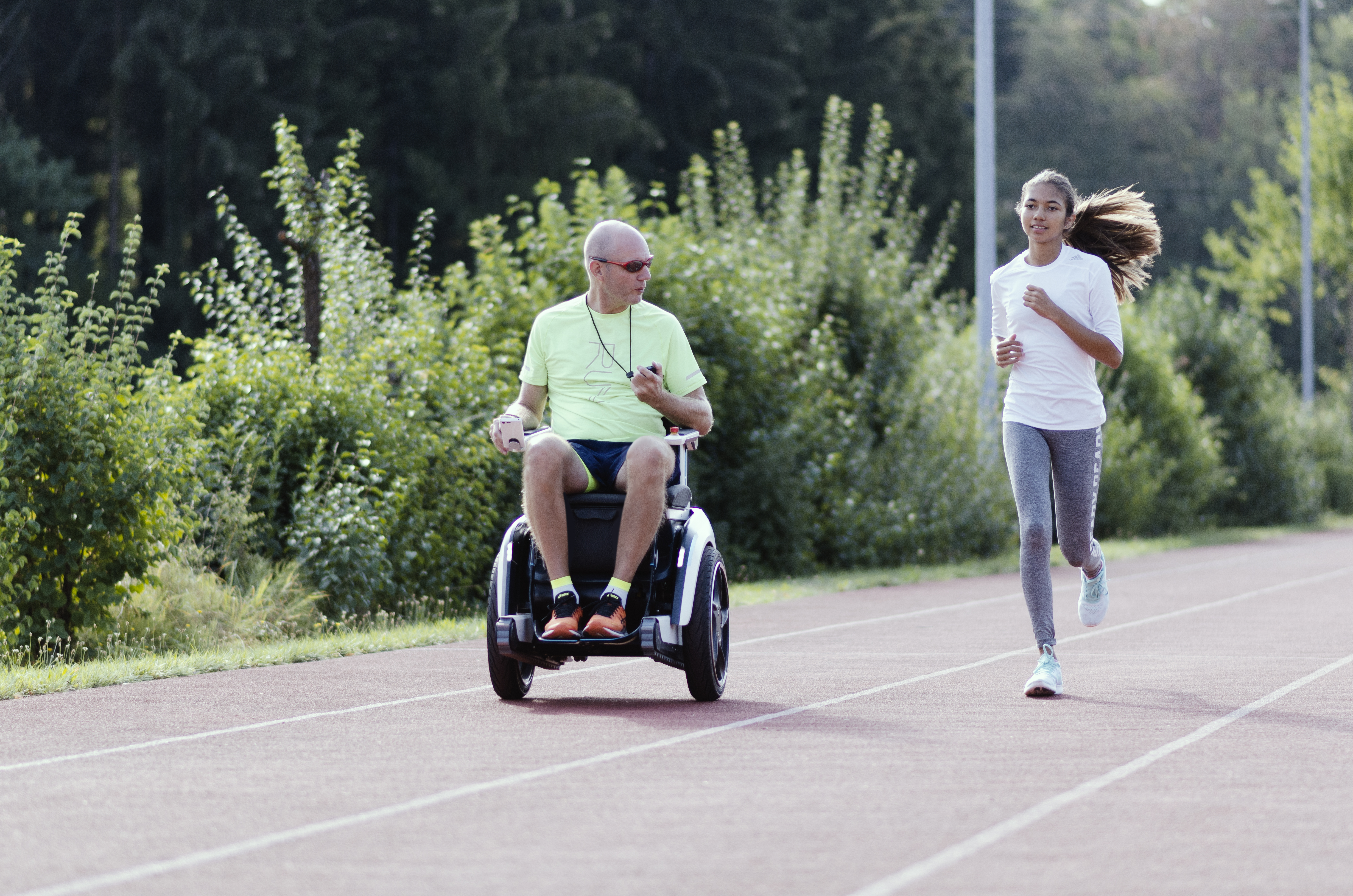The wheelchair of the future – made in Switzerland
What started as a university project to build a stair-climbing robot turned into a start-up pushing the limits for wheelchair users. Scewo is also the story of three Swiss students who came together to turn their idea into a new business, ready to disrupt an old industry.
For people with limited mobility, new developments in technology and design can have a tremendous impact on their quality of life. However, there are only a few companies who take on the challenge of rethinking old designs – like the wheelchair – in order to transform its abilities and limits. But once in a while, some new ideas reshape how we think about mobility and handicaps.
That’s how Scewo came to be, a spinoff start-up from ETH Zurich, which developed a stair-climbing wheelchair using state-of-the-art technology and a flair for modern design. Scewo’s three founders – Bernhard Winter, Pascal Buholzer and Thomas Gemperle – have a simple vision: to increase the quality of life for wheelchair users by creating unlimited freedom and providing access to previously inaccessible places.
Their invention, the Scewo Bro, is more than a means of transportation – it’s a semi-autonomous and stair-climbing chair, a device with an agile driving mode that puts a new spin on Swiss functional design.
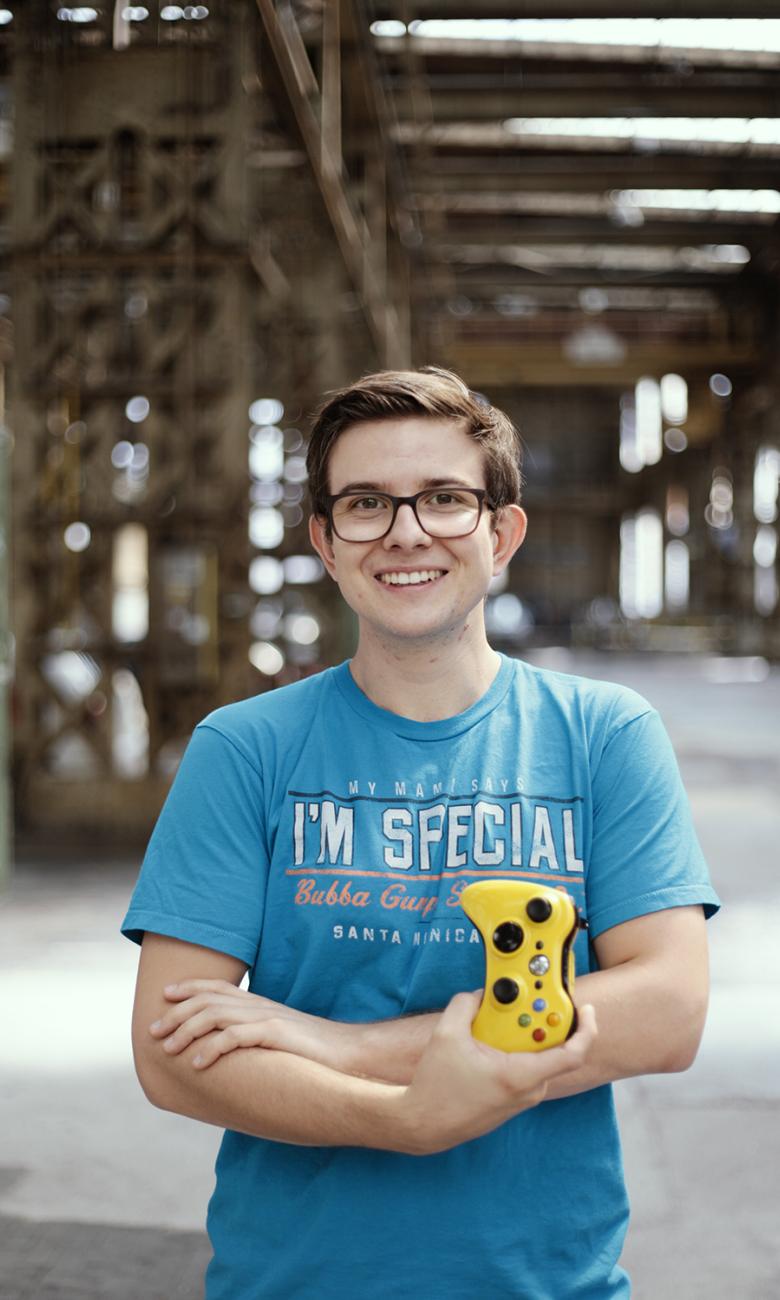
A new design
Your unique wheelchair design – the Scewo Bro – looks like a hybrid between a wheelchair, a robot and a motocross. How did the idea for something like that come about?
When Bernhard Winter, our CEO, was studying mechanical engineering at ETH Zurich, his original idea was to build a robot that would climb stairs and ride on two wheels. His mentor then said that he should mount a seat on it so that people could use the device. And so the first prototype was created within ten months as part of a project by students at ETH Zurich and ZhdK. They took part in trade fairs and the Cybathlon to test people’s actual interest in the device. In fact, the interest was so huge that three of the students (Bernhard Winter, Thomas Gemperle and Pascal Buholzer) decided to found a company in 2017. Within three years, we developed the wheelchair to serial production readiness and grew from three to 23 employees.
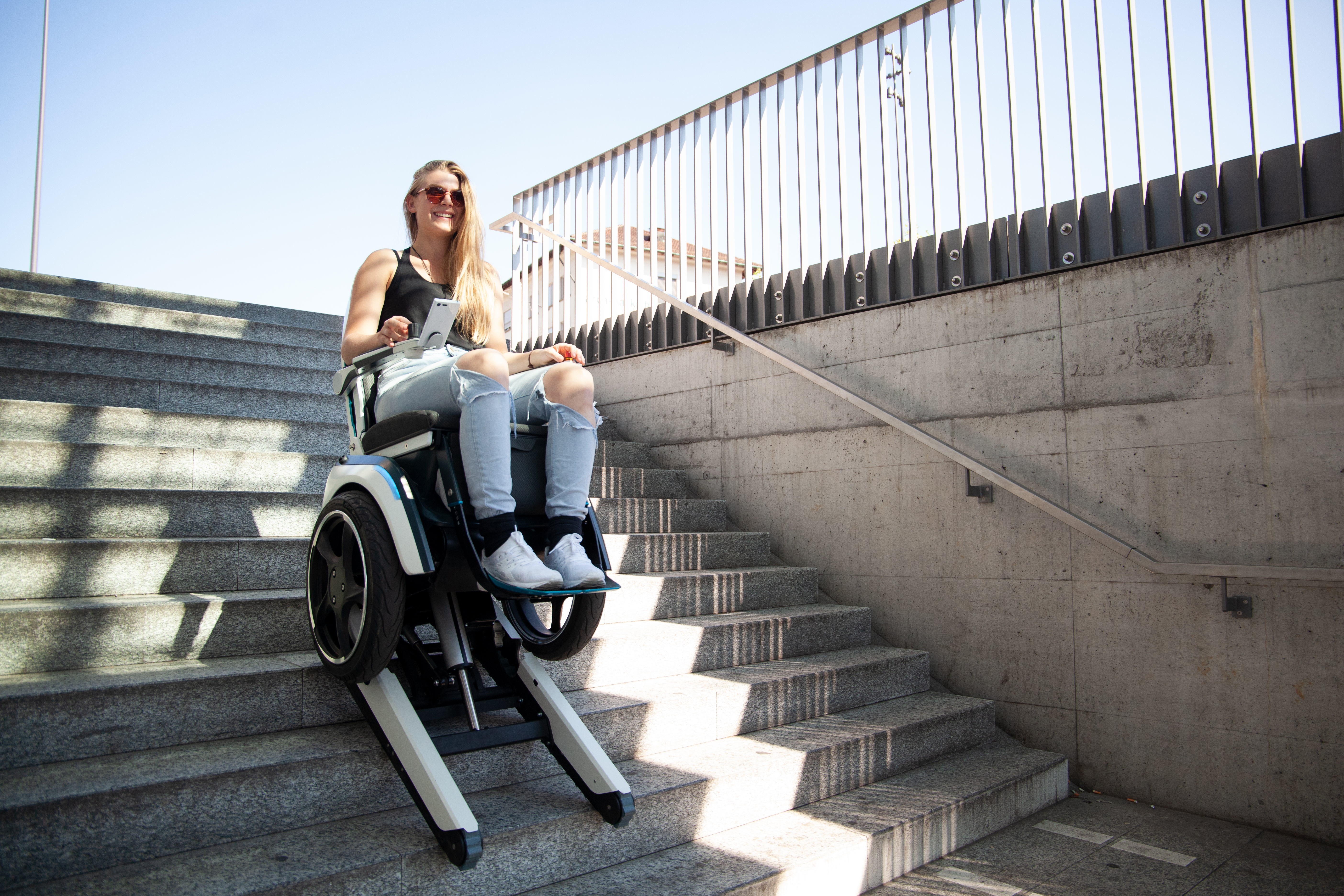
ETH start-up
The company was the fruit of an ETH spin-off, founded in 2017 from the ‘Scalevo’ student project. What was the logic of going from a university project to a start-up? Did you have any fears?
Of course, we first had to do market research to see if there was any potential for our solution. Furthermore, the three founders had never before run a company themselves. They went to courses on management and start-up companies to get the know-how they needed. The greatest fear? That was probably not being able to find any investors for the idea. Besides, it is of course a huge step to start your own business.
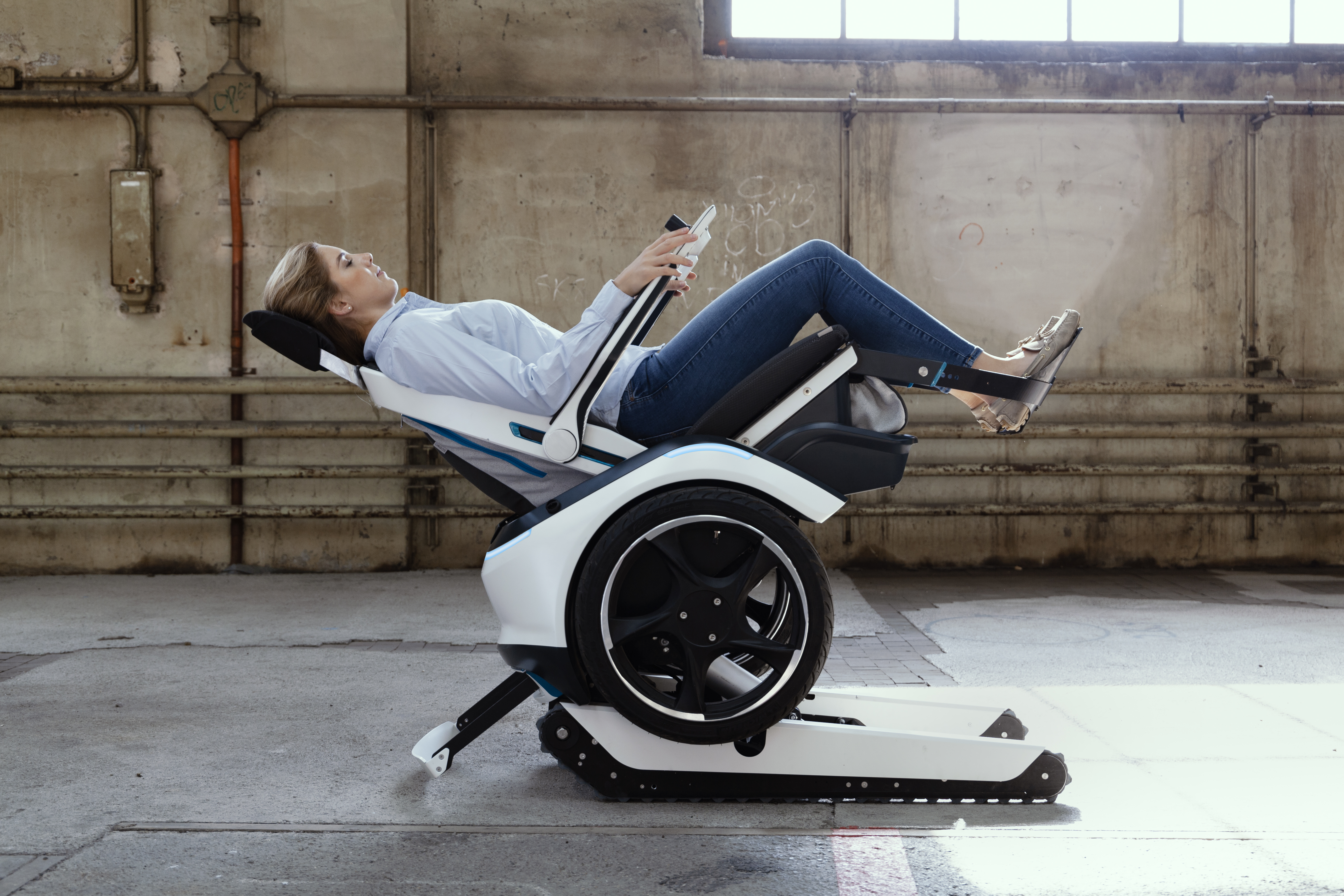
Do you think that coming from ETH Zurich, one of the leading Swiss universities, had an impact on the start-up in terms of investment, people and opportunities?
Absolutely! ETH Zurich is well-known and has a good reputation worldwide. In terms of investment and sponsors, we were allowed to benefit from its large network and its brand. Today we use the connection mainly to find good employees (graduates).
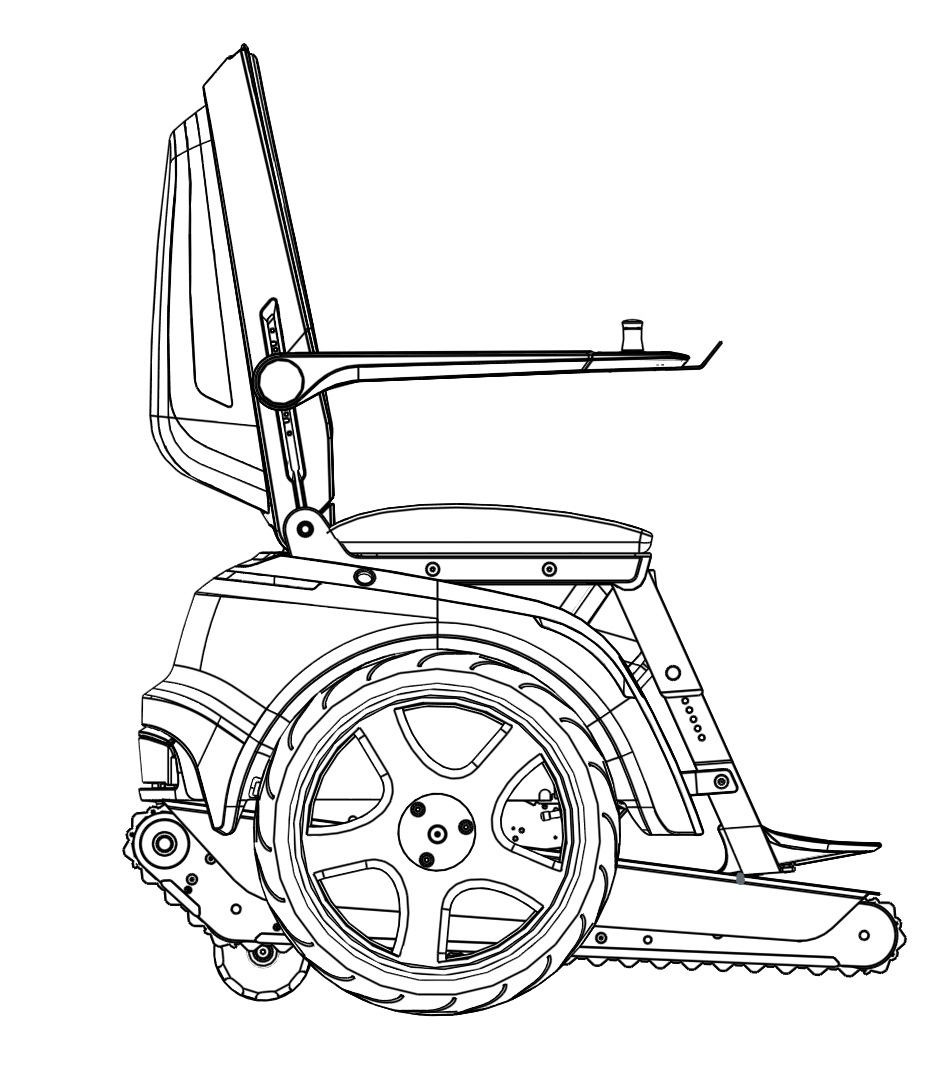
Young entrepreneurs
With different skills, personalities and styles, what is the dynamic like with three co-founders?
A big advantage is that you don't have to make major decisions alone. You can discuss them in threes and come up with a good solution. In addition, all three of them have a different perspective, which in retrospect has always led to good decisions. Another advantage: they each have a different skills set. This allows us to get each department to a very high level.
Scewo has won several prizes, such as the 2018 ZKB Pioneer Prize, the 2019 Red Dot: Best of the Best, and the 2019 IF Design Award. Two of the co-founders – Bernhard Winter and Pascal Buholzer – even made it on the Forbes’s ‘30 Under 30 Europe 2019: Science & Healthcare’ list. How do these impact the growth of your business?
For us, these prizes basically confirm that we are on the right track and that we can achieve something good with what we are doing. We have also been able to benefit from the reports in the media, which has increased our brand awareness and helped our fan base grow.
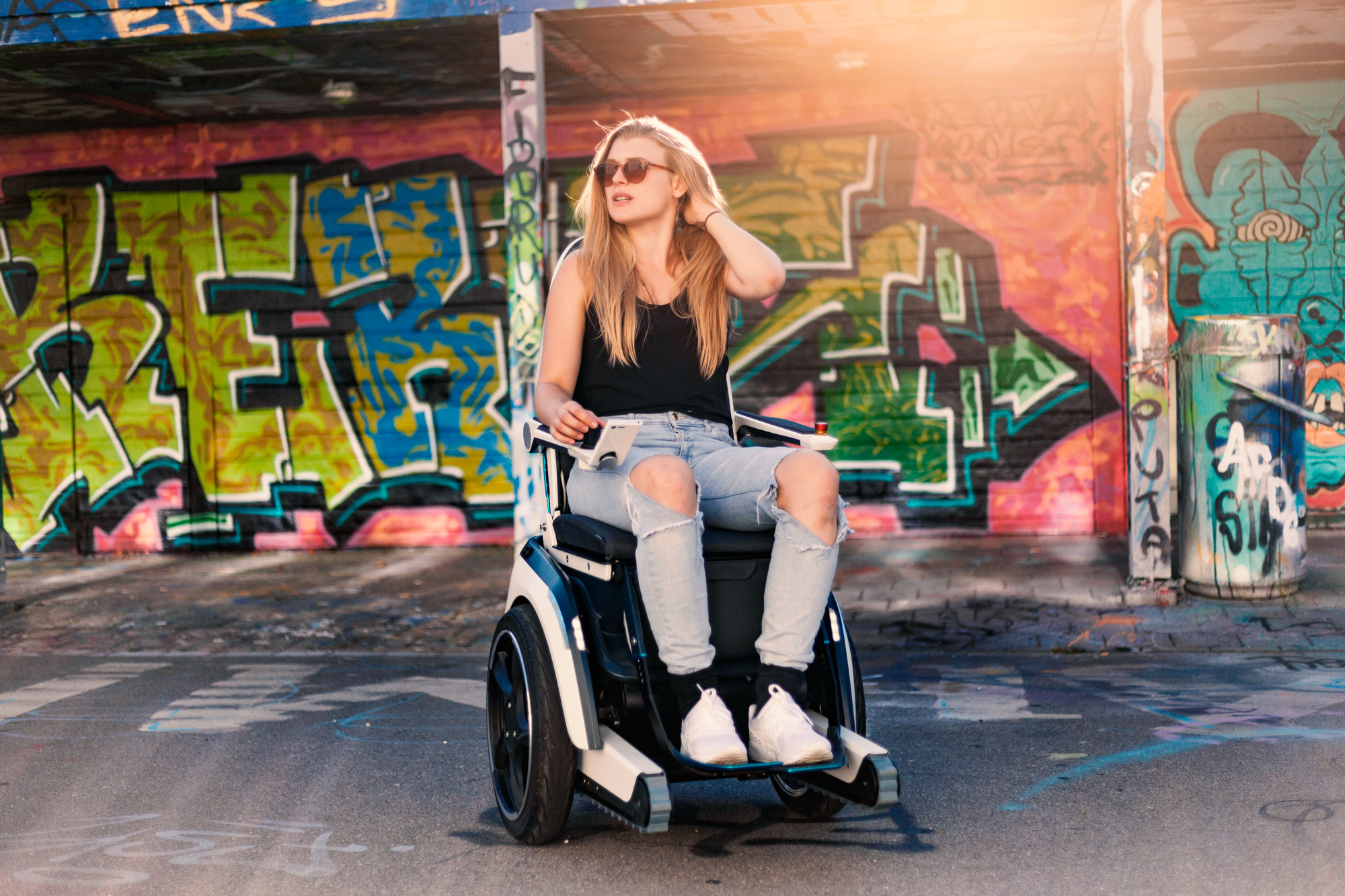
Being relatively young in an industry that is still quite traditional, what are some of the advantages or challenges you need to deal with?
The major players in the wheelchair market are very well established and well-known to wheelchair users. The greatest difficulty is therefore to make Scewo known and, of course, to get wheelchair users to trust a device from a "no-name" company. But we are trying to bring a breath of fresh air into this market with our overall appearance, especially because we are young and dynamic. For example, we inform wheelchair users about their rights regarding wheelchair supply, and we are the ones who have the most colourful stands at trade fairs.
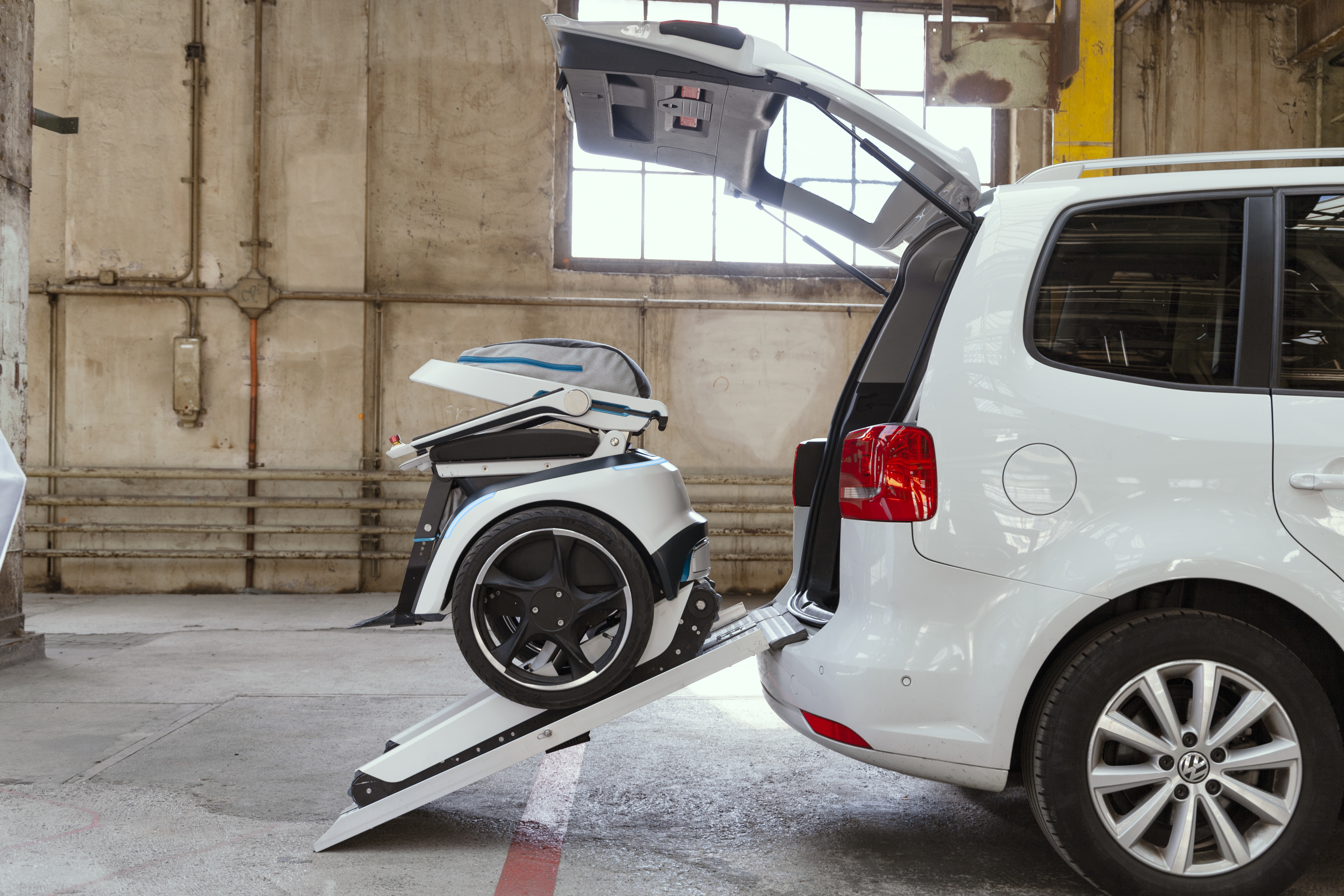
The future
Do you already have plans for other products that build on the innovative Scewo Bro?
With our stair climbing and two-wheeled platform, we have created a good basis for other vehicles. We can imagine other industries using this as well, such as our stair-climbing technology for transporting heavy items when moving house, for example.
Imagine we are in 2030 – how would you describe Scewo?
Scewo offers smart and intelligent technologies that support people in their everyday lives.
What’s the question you wished you were asked more often?
Why we do what we do. It is important for us to emphasise that we cannot create a barrier-free world with our device. But we can give people with limited mobility a bit of freedom and flexibility back.
